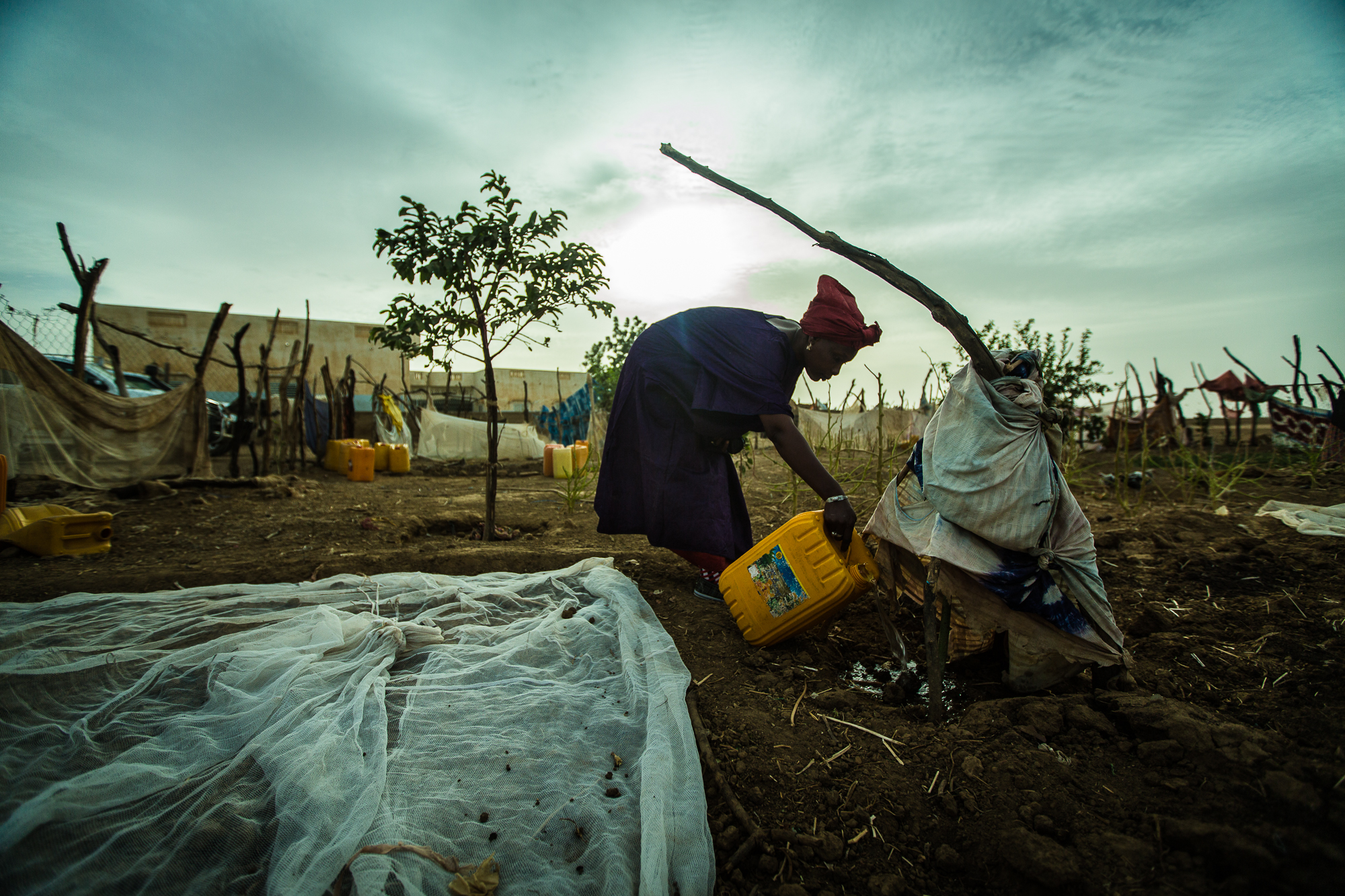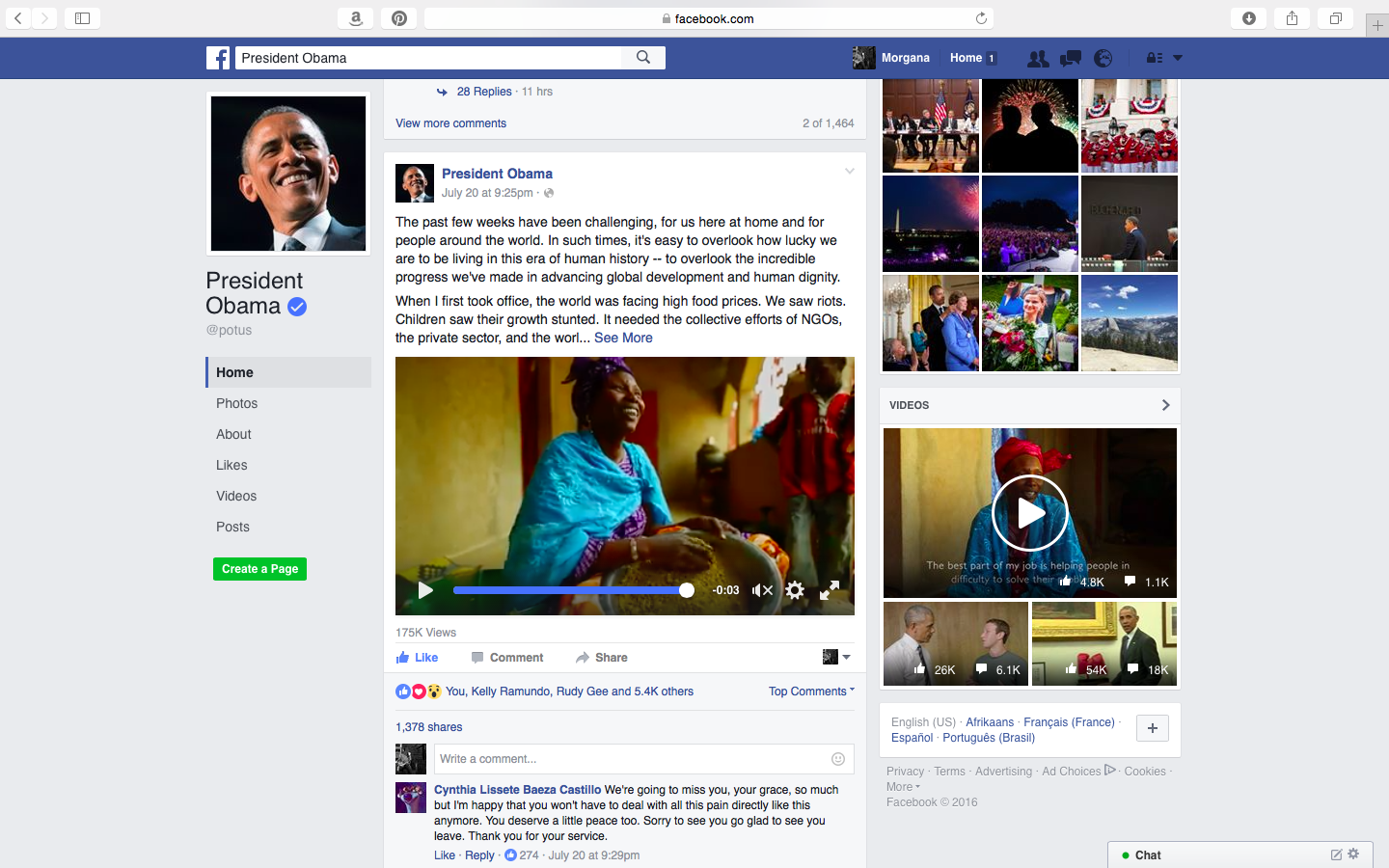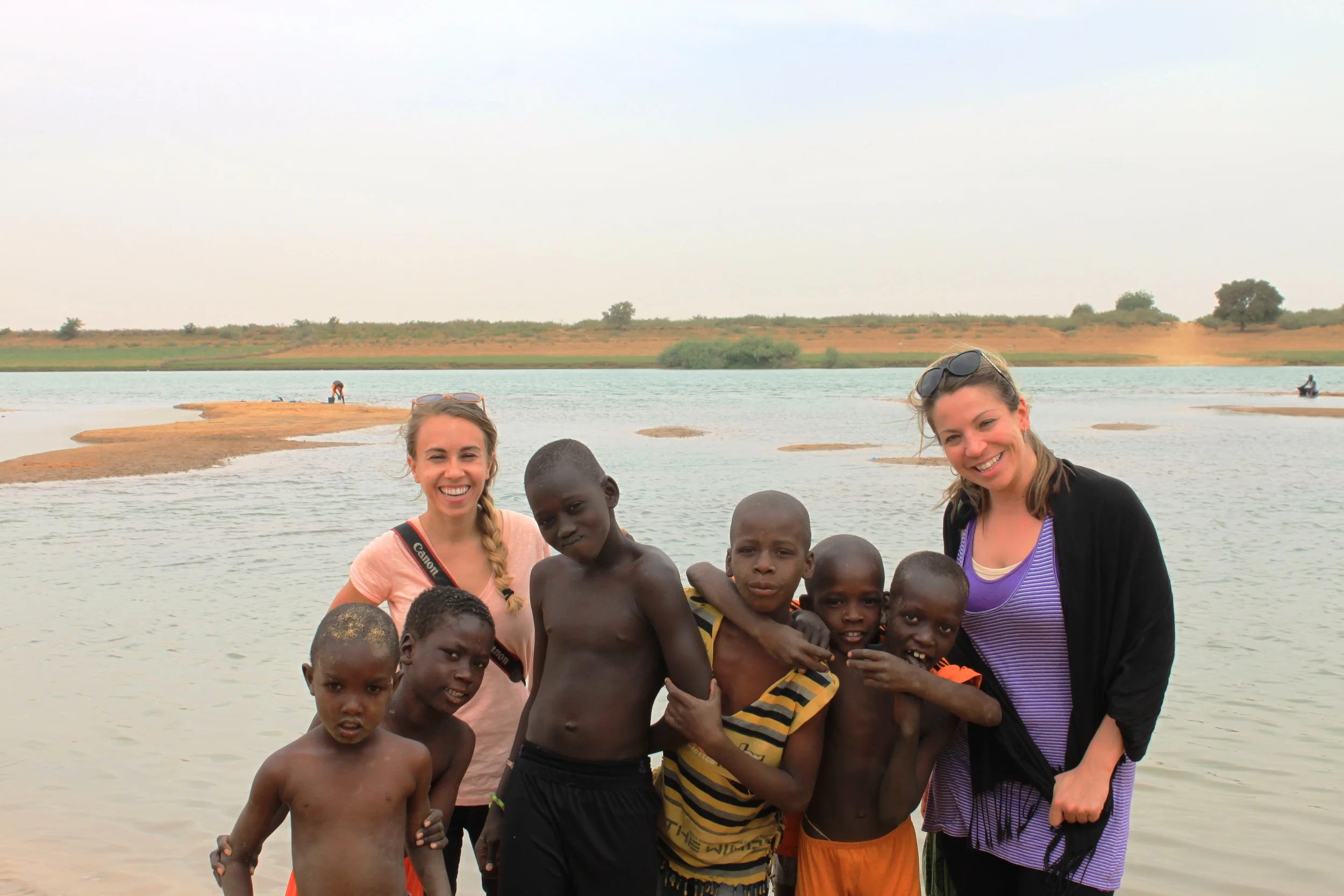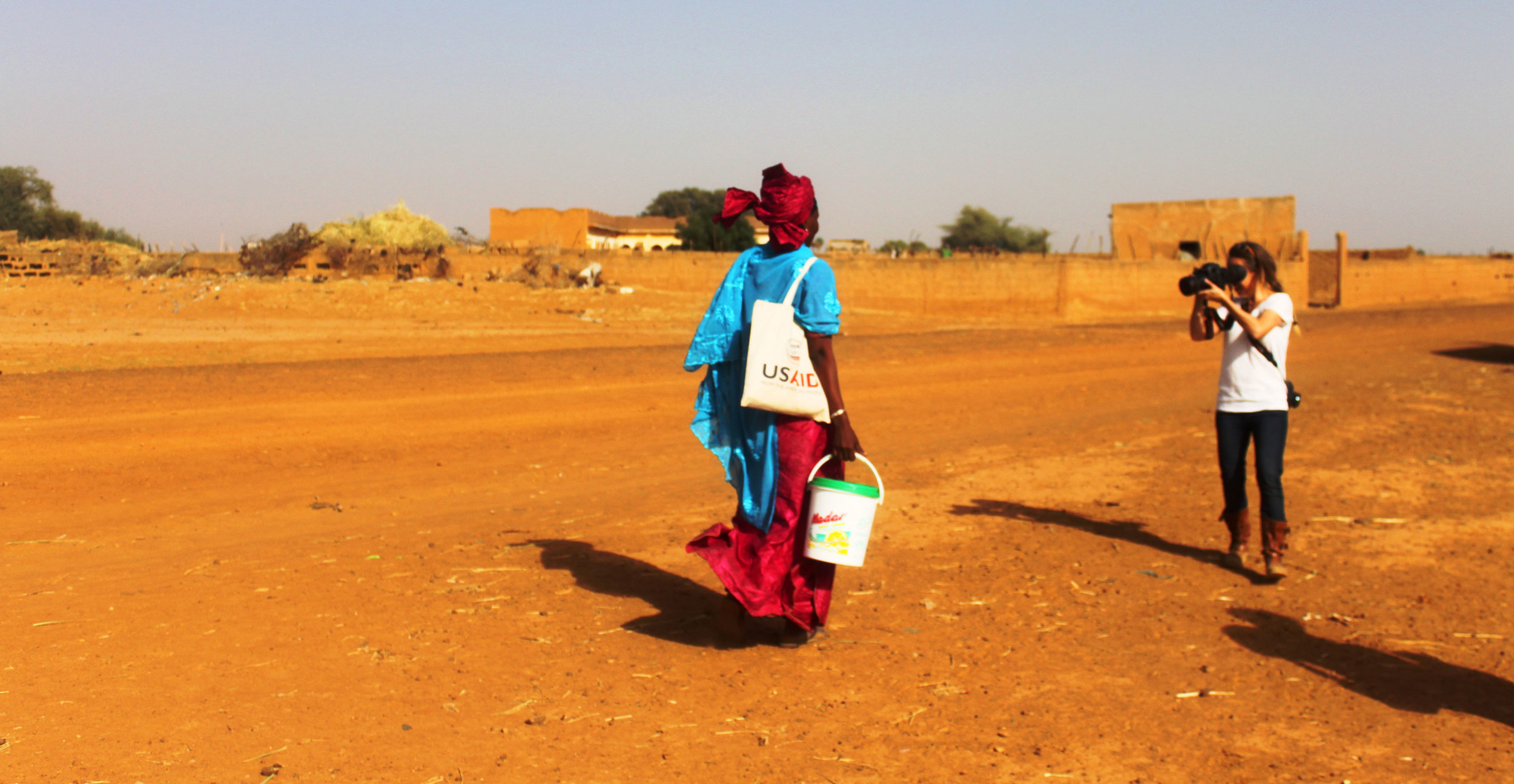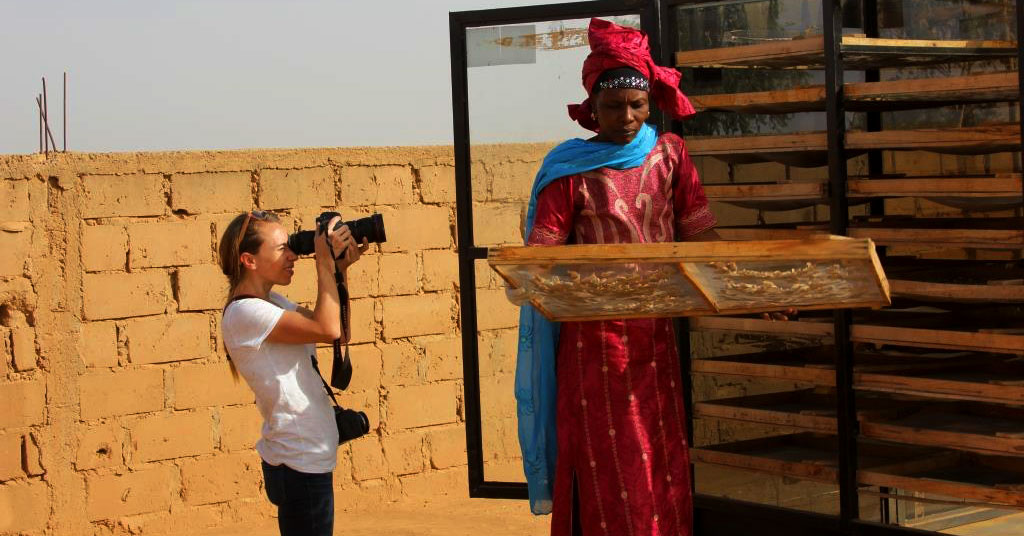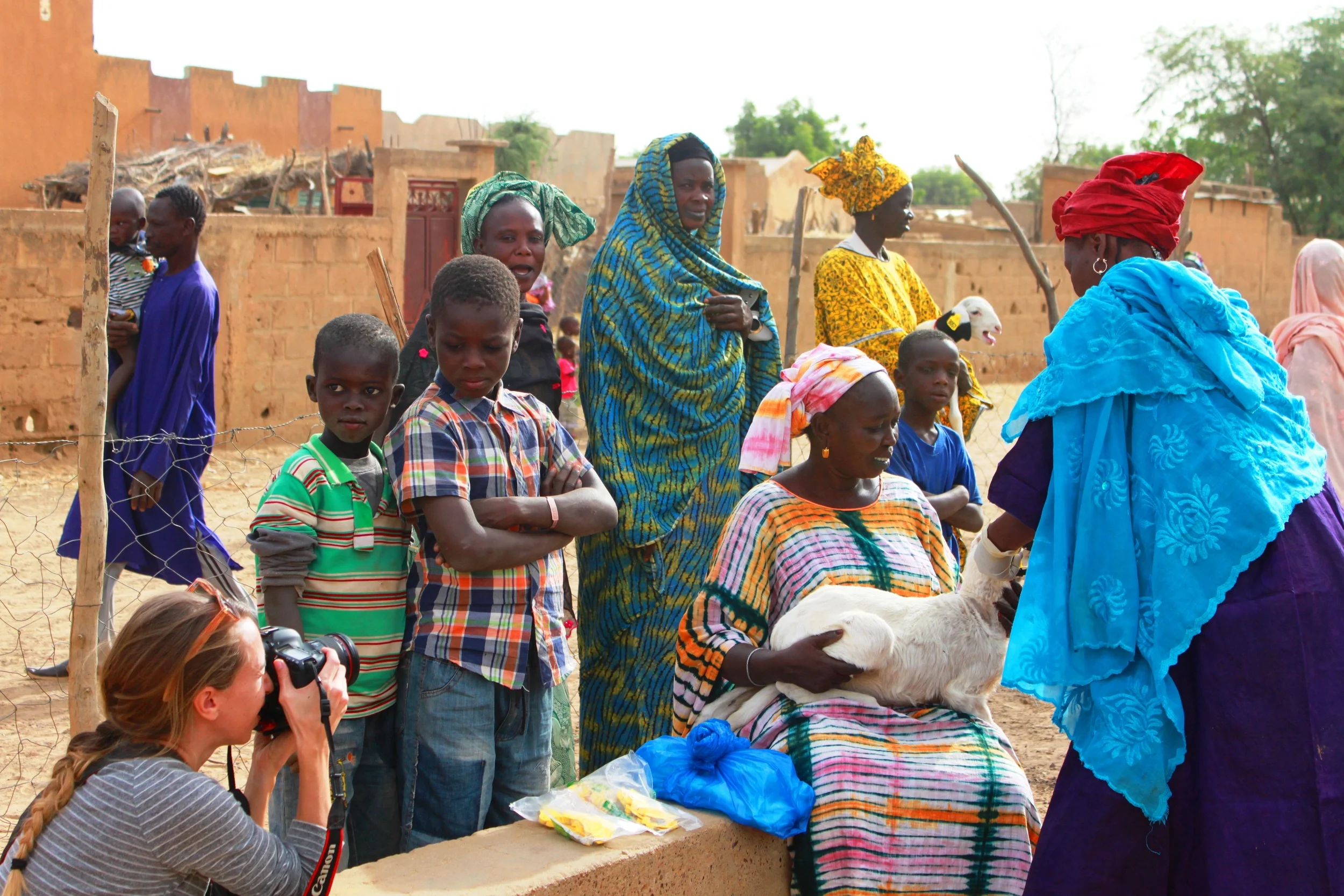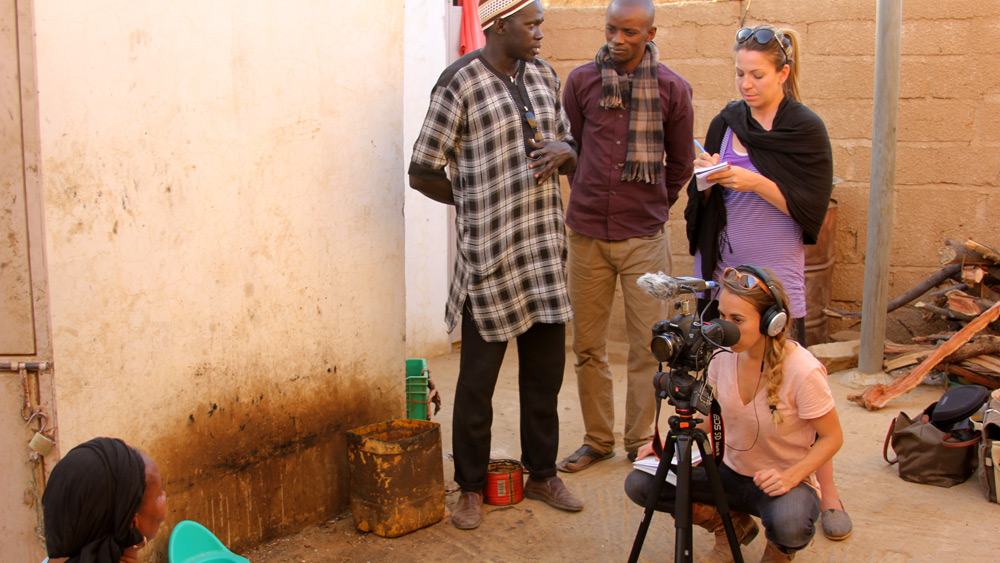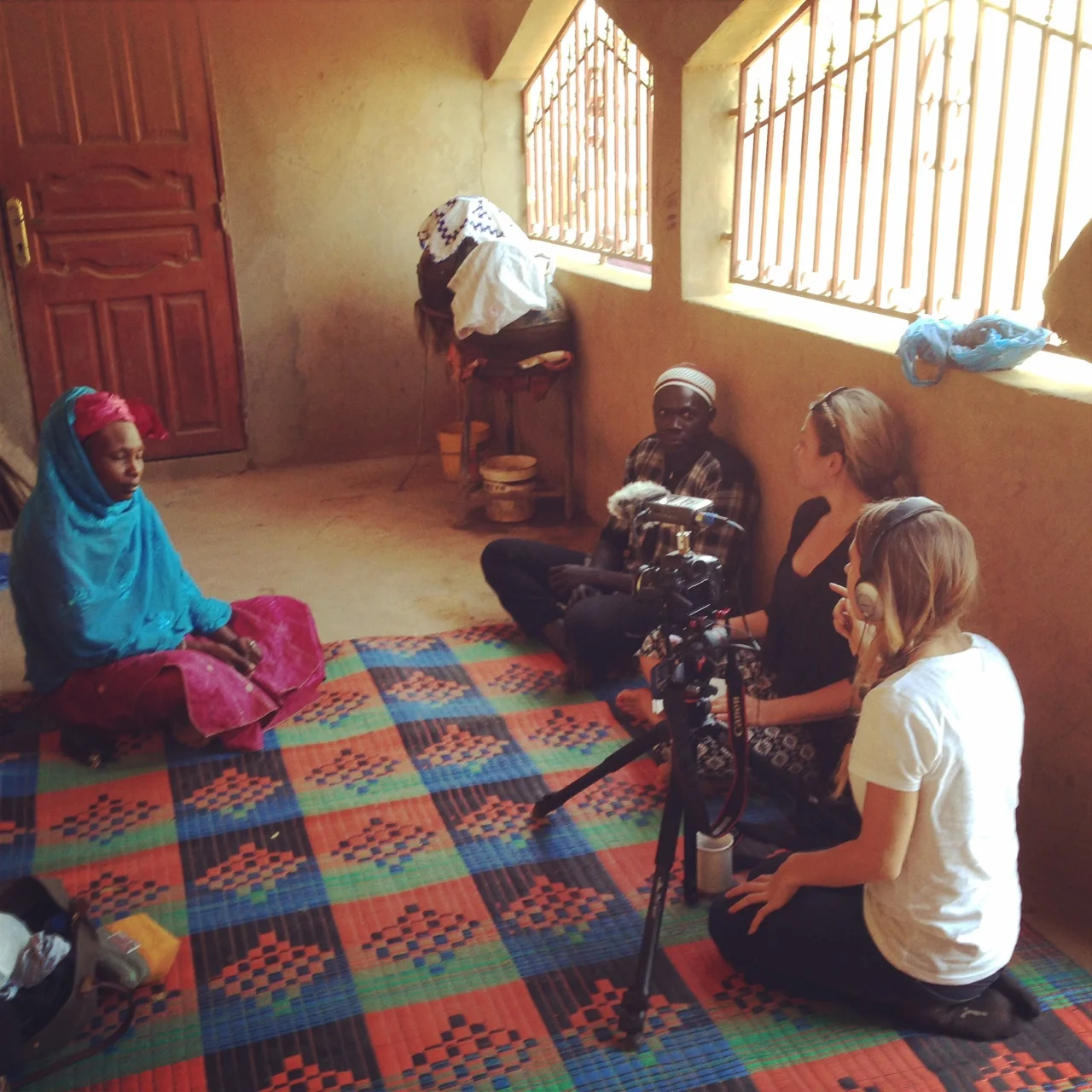Background: Senegal is characterized by a persistent moderate, chronic undernutrition where anemia and the “hidden hunger” of protein and micronutrient deficiencies feature prominently. Although Senegal has one of the lowest undernutrition rates in West Africa, the condition persists as an underlying factor in Senegal’s high child and maternal mortality rates. Through Feed the Future, USAID works with the Government of Senegal to reduce poverty and undernutrition by promoting agriculture as a driver for economic growth. By linking producers, processors and distributors, we encourage local production and manufacturing of goods, rather than relying on imports. Investment in agriculture also improves incomes and helps to reduce high unemployment rates. As a result, the country is better able to meet its food needs amid chronic shortages and improve nutrition, especially among women and children.
This is one of a series of films produced for USAID's new online storytelling experience.
The Story: A healthy life starts with healthy food. But not every child gets the nutrients they need for their brains and bodies to fully develop. And when they don’t, the damage can be irreversible. For decades, children in the village of Sylla Diongto in northeastern Senegal have been smaller than they should be. Many struggle in school. Some will never realize their full potential.
This vicious cycle of poverty and malnutrition is repeated across sub-Saharan Africa and throughout Senegal. Even though it boasts an abundance of rich, fertile soil, Senegal still imports over two-thirds of its rice, the country’s primary food. If rural Senegalese were empowered to grow and eat better crops, would the cycle stop? Would children have a chance for a healthy future? Hapsatou Kah thinks so.
She is a housewife and a mother. She lives with her husband and four children on a compound in Sylla Diongto that they share with more than 50 relatives. In their rural village, poverty abounds and malnutrition is too common. In these respects, there isn’t anything uncommon about Hapsatou. And yet, she is extraordinary. She’s an expert in agriculture, runs a livestock program and is improving the health and economic prospects of her community in myriad ways.
When a USAID program came to Sylla Diongto in 2012, they asked the community to nominate a leader—someone who could show them how to plant healthier and more diverse vegetables, share recipes for new nutritious meals and teach good hygiene skills, all with the goal of keeping children healthy.The villagers put their faith in Hapsatou.
“I wanted to help my community because it faced many difficulties,” Hapsatou explains. Although she may not have understood why, she saw children around her suffering.“Despite the fact that we did a lot of farming, it didn’t have much impact on the children’s health. They were always weaker than they should be.”
NOW ALL THAT IS CHANGING. Empowered with training and support from USAID, Hapsatou plays many roles—teacher, adviser, role model and entrepreneur—to put her community on the path to better health.
HAPSATOU IS A MOTHER. She wakes up at dawn, prays, sweeps the house, bathes and nurses her baby, and cooks breakfast. Then her day begins.
HAPSATOU IS A FARMER. She shows villagers new planting techniques, makes fertilizer and provides seeds for them to grow more nutritious food, such as sweet potatoes.“Sweet potatoes are full of vitamin A,” she explains about the crop she now grows in her own garden and encourages others to plant. “A lack of vitamin A impedes a child’s ability to grow up healthy. Vitamin A also helps women stay healthy while pregnant and give birth to healthy babies.”
HAPSATOU IS A LIVESTOCK MANAGER. Hapsatou helps the community’s most vulnerable families generate income by teaching them to raise sheep. As part of the USAID program, a family receives three sheep and, later, when the sheep reproduce, pays it forward by giving three lambs to another needy family. The program spreads opportunity throughout the community: milk, meat and income multiply. Hapsatou visits homes to make sure sheep are tagged and properly vaccinated. She believes that the program creates solidarity among poor families. “It’s part of the fight against poverty,” she says.
HAPSATOU IS AN ENTREPRENEUR. She shows the community how to grow nutritious foods and prepares fortified flour and dried beans and meats, which she sells to her neighbors. “I can make money with these activities but that’s not what’s really important. What the community gains from the work is much more important,” she says.
HAPSATOU IS A TEACHER. She leads two educational groups, one for children and another for mothers. Through both, she empowers community members with health and wellness knowledge. For the mothers, this means emphasizing the importance of regular pregnancy checkups, proper handwashing, and a hygienic cooking space. In some classes, women share worries, advice and wisdom. “In the sessions, we talk about how to best feed a child under 6 months, and children 6 months to 2 years old,” says Hapsatou. “We advise pregnant women on how they should take care of themselves, what they should eat, and the importance of prenatal medical visits.”
HAPSATOU ALSO IMPARTS HEALTHY HABITS TO LOCAL CHILDREN. She shows them how to wash their hands and teaches them about the foods they can eat that can make them strong. “If the children grow up with good habits, they retain them for the rest of their lives,” Hapsatou explains.
HER LESSONS ARE TRANSFORMING LIVES. At one point, the village had over 50 cases of malnutrition. Now, says Hapsatou, “It’s nearly nonexistent. If you look at the children today, they don’t look the same. They are more lively, physically active, and alert,” she explains. “Our next generation will be in much better health because they will know better how they should eat. When you eat something that is clean, good and rich, you will have a good, healthy life.”
THE EXPANSION OF ABUNDANCE. In the local language of Sylla Diongto, Senegal, the word Yaajeende means “the expansion of abundance.” In a place rife with poverty and undernutrition, Yaajeende is a word full of promise, strength and hope. In her role as mother, teacher and leader, Hapsatou is the bringer of Yaajeende. She wears many hats—as a wife, farmer, livestock handler, and entrepreneur—but has a single goal: to see her community thrive. “The best part of my job,” she says, “is helping people in difficulty to solve their problems. I’m not going to stop working.”
Client: USAID
Client Website: stories.usaid.gov
Location: Sylla Diongto, Senegal
Awards: 2015 Silver Davey Award, 2015 Addy Award
Behind-the-Scenes
The film was shared on Facebook by President Obama in July 2016 as part of USAID's Global Development Summit at the White House. His post alone garnered more than 175,000 views, 5,400 likes and over 1,300 thousand shares.





